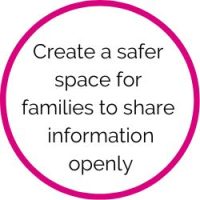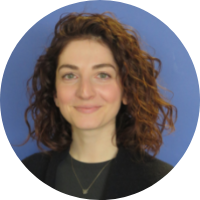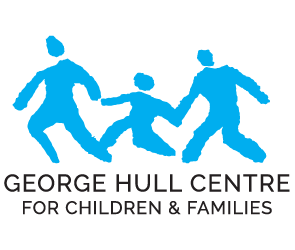Contact Us 416-622-8833
Trauma Informed Care in Speech-Language Pathology
Do you want to learn how trauma and attachment are related to communication development?
Do you know what signs of trauma look like in the children you see as clients?
Do you want support in how to talk to families about trauma?
In this training you will learn about the neurobiology of trauma and the connection to speech, language and communication development. You will also learn what trauma informed care is and how to apply it to speech, language and communication work with children from birth to six years old. And in the last session, you’ll learn how to talk to families about trauma, including typical scenarios you’ll encounter and things you can say.
Content is applicable to Canadian practice guidelines.
Previous training participants report that this training helped them:




Training Dates
Tuesday Oct 25, Nov 1, Nov 8, 2022 (Zoom)
Time: 1pm – 4:30pm EST (Toronto time)
Cost: $195 (+Eventbrite fee)
Groups of 10+ receive a 15% discount.
Please allow a small amount of time between sessions to do work including reflecting about clients and research about available services in your local catchment. Session recordings will be available three months after, however we highly recommend planning to attend all three sessions live to participate in discussions and breakout groups.
Session Details
Session 1: Theoretical Foundations of Trauma Informed Speech-Language Pathology Practice
Learning Goals Session 1 – SLP Practitioners will leave this session:
- Understanding trauma and attachment, how both impact a child’s development, long-term health and wellbeing, and the relationship between child and caregiver
- Understanding the neurobiology of trauma and various types of trauma
- Understanding how trauma and attachment impact communication development and the research demonstrating this connection
- Understanding that trauma and attachment disorders are risk factors for communication impairment, and that communication impairment is a risk factor for trauma and attachment disorders
- Able to identify signs of trauma in young children, and see their client through a risk and resilience framework/lens
- Able to see their involvement with a family as not narrowly speech and language intervention, but as central to a child’s social emotional development based on their involvement providing intervention within the context of a child and caregiver’s relationship
Session 2: Applying Trauma Informed Care to Speech-Language Pathology Practice
Learning Goals Session 2 – SLP Practitioners will leave this session:
- Understanding the principles of trauma informed care
- Understanding the importance of establishing a felt sense of safety for clients, and strategies to create this for children and their caregivers
- With an understanding of how various strategies and components of trauma informed care can be applied to SLP practice
- Understanding when and how to collaborate with mental health professionals in the case of a client having experienced trauma
- Understanding their scope of practice regarding trauma and attachment and an ability to advocate for SLP involvement in care to children who have experienced trauma
Session 3: Having the Conversation & Putting Learning into Practice
Learning Goals Session 3 – SLP Practitioners will leave this session and the training overall:
- Understanding the social determinants of health and racism as trauma
- With an understanding of duty to report and increased confidence handling these situations when they arise in the future
- With increased confidence in their skills and capacity to provide trauma informed SLP care
- With increased confidence in their ability to have sensitive and potentially difficult conversations with families
- With examples and an idea of what to say and how to respond in various situations
- Understanding SLP early intervention as prevention (preventative mental health intervention for both parent and child, preventing potential future instances of trauma, preventing further detrimental impact of previous trauma, preventative in that it’s an upstream public health approach to health and well-being long term)
Facilitators

Kristin Gionfriddo, MSW, RSW, is a social worker who works for the George Hull Centre Institute of Childhood Trauma & Attachment as well as the George Hull Centre Community Clinic. Kristin has also been a part-time professor at Humber College in the post graduate addictions and mental health program since 2017. Kristin is completing her DDP practicum and integrates her DDP skills with her DBT and TF-CBT training.

Anna Rupert is a speech-language pathologist, currently managing West Toronto’s Preschool Speech and Language Services at the George Hull Centre for Children and Families. Through her career, Anna has worked with a wide variety of clinical populations in many different systems and practice settings. Anna is a writer, researcher and healthcare consultant. Anna also conducts research with the George Hull Centre Institute of Childhood Trauma and Attachment.
Location: Zoom
Open to: Speech-language pathologists (also Speech and Language Assistants/Communicative Disorders Assistants, knowing there will be some focus on assessment)
Cost: $195.00 CAD
Groups of 10+ receive a 15% discount.
Questions? Email jframst@georgehull.on.ca

